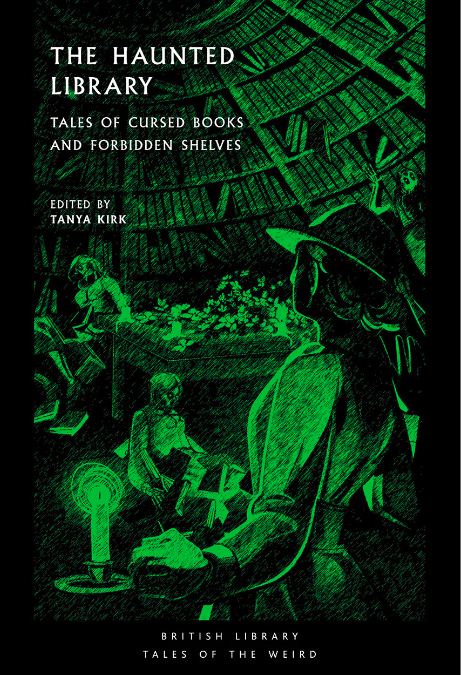19 SUNDAY. Second after Easter, semidouble. Second prayers of the BVM Concede. Third prayers for the Church or the Pope. White. In Vespers of the Sunday commemoration of the Cross only.
20 Monday. Feria. White.
21 Tuesday. St Anselm, Bishop Confessor Doctor, double. Creed. White.
22 Wednesday. SS Soter and Caius, Popes Martyrs, semidouble. Second prayers of the BVM Concede. Third prayers for the Church or the Pope. Red.
23 Thursday. (Feast of Devotion) St GEORGE, Martyr, Patron of England, double of the first class with an Octave, during which commemoration of the Octave (as prefixed to the Calendar), and Creed. Red. Plenary Indulgence through the Octave for the Benefit of the Poor School Committee. [In Diocese of Hexham and Newcastle Plenary Indulgence.]
24 Friday. St Fidelis a Sigmaringa, Martyr, double. Red. Abstention.
25 Saturday. St Mark, Evangelist, double of the second class. Preface of the Apostles. Red. LITANIES. Violet.
Wednesday will see something really odd: pre-Pius X agreeing with post-Pius XII. In the 1863 Missal, as in the 1962 Missal, Wednesday is the feast of Popes Saints Soter and Caius, whereas in Pius X's Missal, it is the feast of St Joseph. That's because next Sunday will be St Joseph's feast in the 1863 Calendar, and in 1962 his feast is moved to May Day, deplacing SS Philip and James as part of a weird Pian plan to defeat communism or something.
As I hinted recently when talking about the Suffrages at Vespers, the feast of St George on Thursday used to be a big deal, and as he is our national patron, why not? A double of the first class with its own Octave and, at High Masses, as befit such Holydays, prayers for the monarch. As I said, not something I ever have experienced, or ever expect to experience. It's interesting to note in the Tablet Archive that even in 1939 there were people writing letters to say that there wasn't a cultus of St George in England when it was a Catholic country. (The link is here. Actually, if you google cultus george site:archive.thetablet.co.uk you see that this is a subject of perennial interest to Catholics in England.)
And on Saturday, coincident with but separate from the feast of St Mark the Evangelist, comes the first of the Rogation Days - indeed the Major Rogation Day - during which parishioners would beat the bounds of the parish, blessing every landmark, while chanting the Litany of the Saints. Bugnini's account of the Reform is a bit shifty when he covers this, referring to the revision of the Litany itself as used on the Rogation Days, but not actually spelling out that in practice they were abolished, as were the Ember Days in order to allow Bishops' Conferences to mandate a Family Fast Day instead to the greater glory of CAFOD. The sad thing is that they won't even do that on Saturday.
At the parish of St Anthony of Padua in Walker, the Rev James Foran is in charge. Masses on Sunday are at 8.00 and 10.30, and on weekdays at 8.30. On Sundays, there is Catechism at 2.00, followed at 4.00 by Baptisms and Churchings. The Sunday evening service is at 6.30. On Thursdays there is Benediction at 7.30 pm, and on Friday evenings at 7.30 there are Stations of the Cross. Confessions are on Fridays at 6.00 pm, and on Saturdays at 1.00 and at 5.00 pm. There are Confraternities of the Immaculate Heart of Mary for the Conversion of Sinners, of the Sacred Heart of Jesus, of the Living Rosary, and of Our Lady of Mount Carmel.
Want a high class funeral?
















































No comments:
Post a Comment